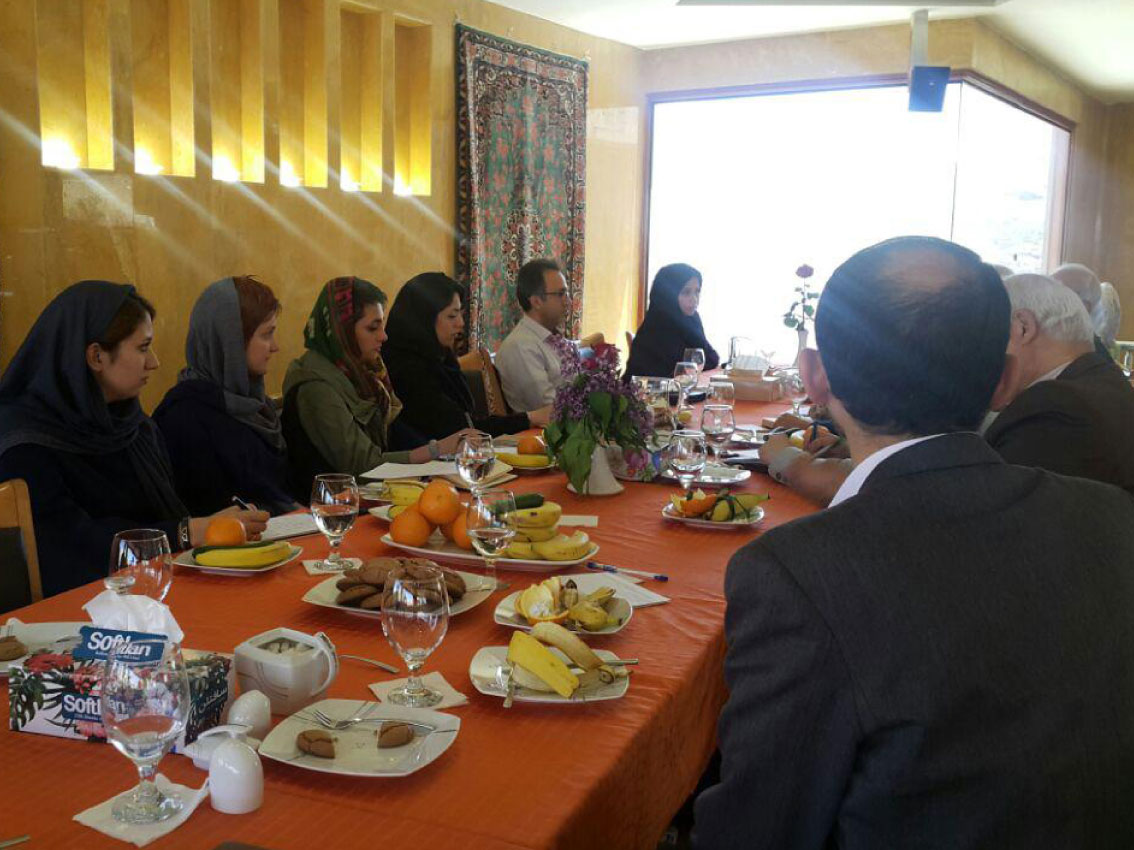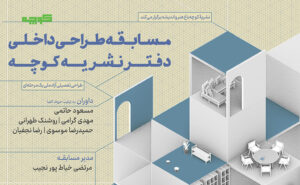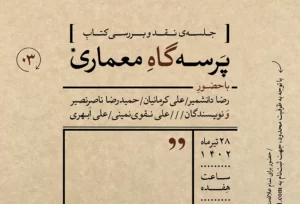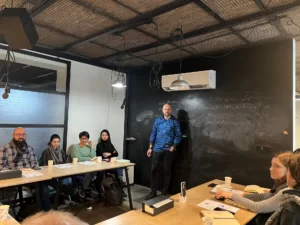Local Pathways Initiative - Initializing the SDG11 process in Bijar: Step1
Institutional and stakeholder mapping is the first step of SDG localization in Bijar to identify relevant local actors, and sets the stage that would support integrated action for SDG implementation.
This preliminary step serves to identify stakeholders and engage them in the process to develop a common vision, joint objectives, and expected results.
key stakeholders of Bijar and their role in furthering local SDG implementation are:
- Local authorities including municipality, and Regeneration Committee of Bijar, and Cultural Heritage-Handicrafts- Tourism administration of Bijar are the primary drivers of SDG localization in Bijar;
- National and regional governments including Bijar county government, Kordestan province government, and Urban Development and Revitalization Organization (UDRO) of the Ministry of Roads frame legislation and regulations that define sectoral policies and development priorities;
- Non-governmental organizations and civil society groups including Hamdelan-e Garoos, Mehrafarin-e Garoos, Hafezan-e Bam-e Garoos, Lalehaye Nesar, Shadi Afarinan-e Garoos. These NGOs and CSOs can bring alternate development models to achieve social targets, provide sectoral knowledge, support bottom-up approaches to implementation and monitoring, act as watchdogs of government and private sector accountability, and in some cases, represent excluded communities, localities, and concerns( environment, climate change,…) in policy making and programmatic planning;
- Businesses and industry including agriculture LEs, and carpet LEs and SMEs. These are numerous opportunities for collaboration between business and government in SDG implementation, for employment generation, social protection of labor, technological innovation, social entrepreneurship, corporate social responsibility, and philanthropic donations (SDSN,2015);
- Universities Including Islamic Azad University of Bijar, Payam-e noor University of Bijar, Engineering and Fundamental Science Faculty of Kordestan University. Universities can provide independent technical assistance for SDG localization (SDSN,2015);
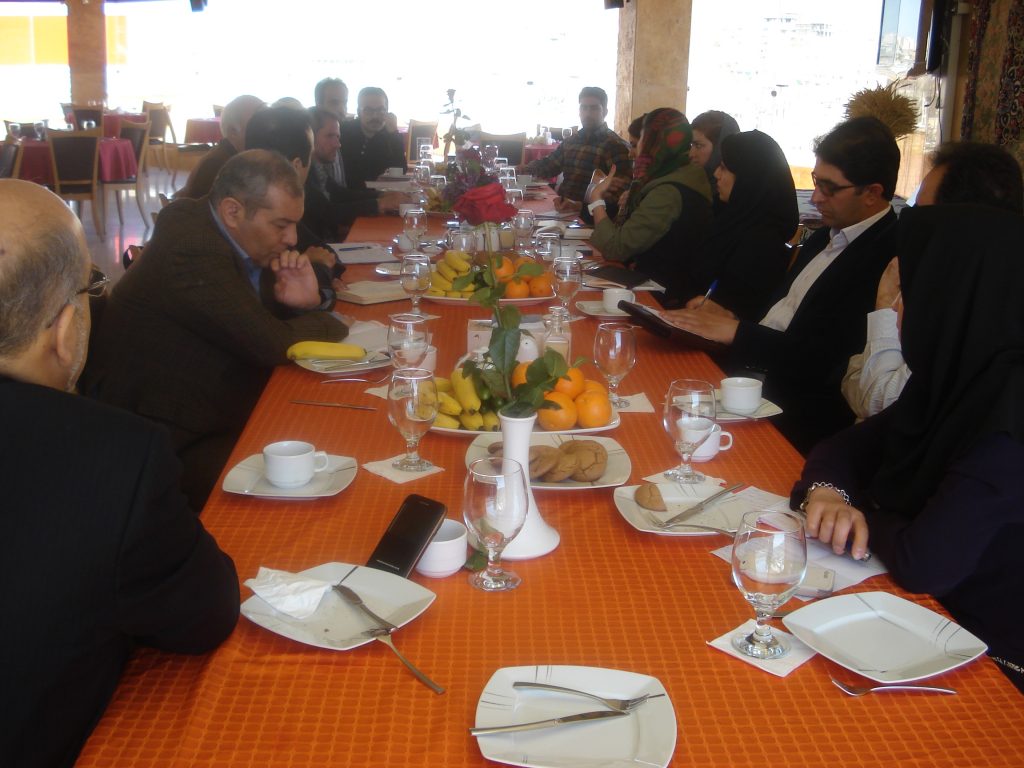
Why we involve stakeholders?
There are numerous benefits to involving different stakeholders at this stage:
- Improve the quality of the decisions, by benefitting from stakeholders’ expertise at the very start
- Help to identify controversial issues or difficulties before a decision is made
- Bring together stakeholders with a number of different viewpoints and help different parties find common ground, reducing the risk of opposition in later phases
- Better inform stakeholders about the objectives and the issues at hand
- Lead to better acceptance of the decisions and measures that are taken
- Increase the confidence of the public about decision-makers
- Help more stakeholders commit to action, so that more ambitious climate protection goals can be agreed
